Content Menu
● Understanding Green Tea Extract
● Liver Damage Concerns
● Gastrointestinal Issues
● Iron Absorption Interference
● Caffeine-Related Side Effects
● Interactions with Medications
● Pregnancy and Breastfeeding Concerns
● Quality Control Issues
● Overconsumption and Misuse
● Environmental and Ethical Concerns
● Conclusion
Green tea has been celebrated for centuries as a health elixir, revered for its potential benefits ranging from weight loss to cancer prevention. However, in recent years, the concentrated form of green tea, known as green tea extract, has come under scrutiny. While green tea in its natural, brewed form is generally considered safe and beneficial, the extract form has raised concerns among health professionals and researchers. This article delves into the reasons why green tea extract might not be as beneficial as once thought and could potentially be harmful in certain circumstances.
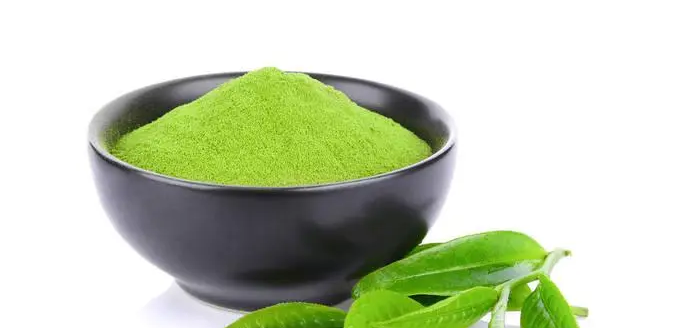
Understanding Green Tea Extract
Before we explore the potential drawbacks of green tea extract, it's essential to understand what it is. Green tea extract is a concentrated form of green tea leaves, typically available in capsules or liquid form. It contains high levels of catechins, particularly epigallocatechin gallate (EGCG), which is believed to be responsible for many of green tea's health benefits. While these compounds can be beneficial in moderate amounts, the concentrated nature of green tea extract can lead to excessive intake, potentially causing adverse effects.
Liver Damage Concerns
One of the most significant concerns surrounding green tea extract is its potential to cause liver damage. Several studies and case reports have linked the consumption of green tea extract to liver toxicity. The exact mechanism is not fully understood, but it's believed that the high concentration of catechins, particularly EGCG, may be responsible. When consumed in excessive amounts, these compounds can overwhelm the liver's ability to process them, leading to oxidative stress and cellular damage.
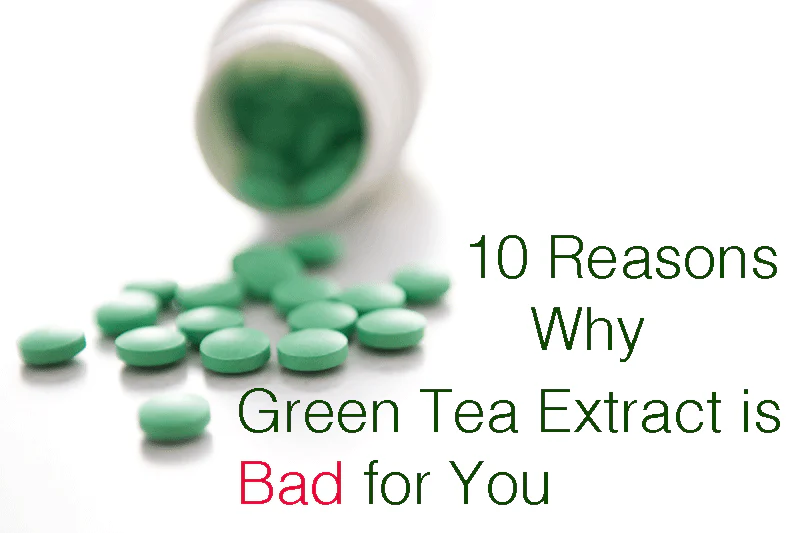
The risk of liver damage appears to be dose-dependent, with higher doses and more concentrated forms of green tea extract posing a greater risk. It's important to note that these effects are rarely seen with traditional green tea consumption, highlighting the potential dangers of concentrated extracts.
Gastrointestinal Issues
Another common complaint associated with green tea extract is gastrointestinal distress. Many users report experiencing nausea, stomach pain, constipation, or diarrhea after taking green tea extract supplements. These issues are likely due to the high concentration of tannins and caffeine in the extract, which can irritate the digestive system.
Moreover, when taken on an empty stomach, green tea extract can increase the production of stomach acid, potentially exacerbating conditions like acid reflux or ulcers. For individuals with sensitive stomachs or pre-existing gastrointestinal conditions, green tea extract can be particularly problematic.
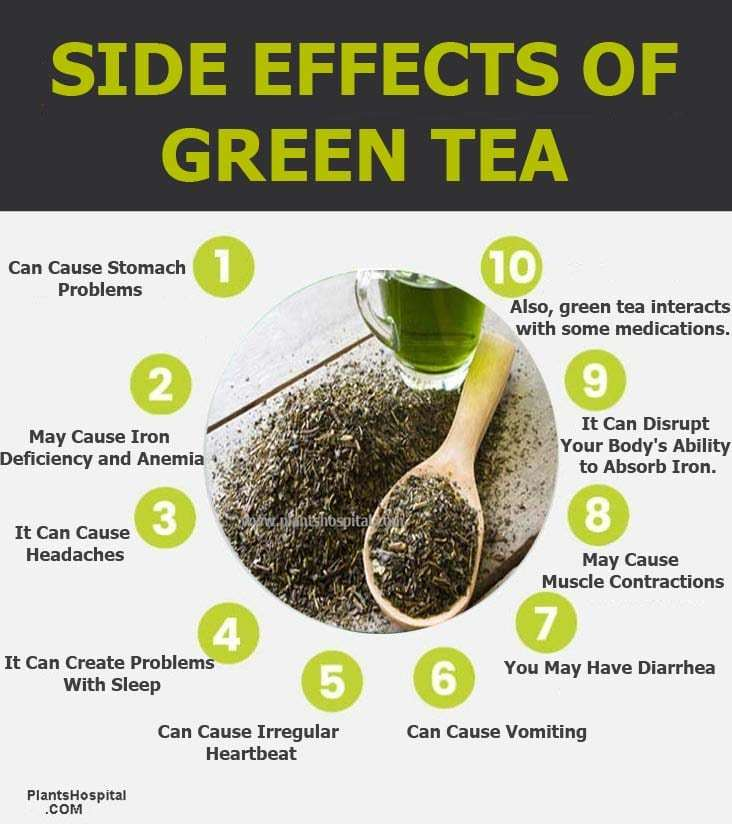
Iron Absorption Interference
Green tea extract contains compounds that can interfere with the absorption of iron from the diet. The catechins in green tea can bind to iron, forming insoluble complexes that the body cannot absorb effectively. This is particularly concerning for individuals who are at risk of iron deficiency anemia, such as menstruating women, vegetarians, or those with certain medical conditions.
While drinking green tea with meals can reduce iron absorption to some extent, the concentrated nature of green tea extract can amplify this effect. For those relying on green tea extract as a supplement, this interference with iron absorption could lead to unexpected nutritional deficiencies over time.
Caffeine-Related Side Effects
Although green tea extract is often marketed as a natural alternative to caffeine supplements, it still contains significant amounts of caffeine. The concentrated nature of the extract means that users may be consuming more caffeine than they realize. This can lead to a range of side effects, including:
1. Insomnia and sleep disturbances
2. Increased heart rate and palpitations
3. Anxiety and nervousness
4. Headaches and migraines
5. Increased blood pressure
For individuals sensitive to caffeine or those trying to reduce their caffeine intake, green tea extract can be particularly problematic. The caffeine content can also interact with certain medications and exacerbate conditions like anxiety disorders.
Interactions with Medications
Green tea extract can interact with various medications, potentially altering their effectiveness or increasing the risk of side effects. Some notable interactions include:
1. Blood thinners: Green tea extract can decrease the effectiveness of blood-thinning medications like warfarin, potentially increasing the risk of blood clots.
2. Stimulant medications: The caffeine in green tea extract can amplify the effects of stimulant medications used for conditions like ADHD, potentially leading to increased side effects.
3. Beta-blockers: Green tea extract may interfere with the absorption of certain beta-blockers, medications commonly used to treat high blood pressure and heart conditions.
4. Antibiotics: Some antibiotics may interact with green tea extract, either reducing the effectiveness of the antibiotic or increasing the risk of side effects.
Given these potential interactions, it's crucial for individuals taking medications to consult with their healthcare provider before using green tea extract supplements.
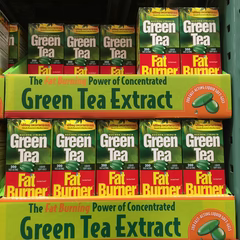
Pregnancy and Breastfeeding Concerns
While moderate consumption of brewed green tea is generally considered safe during pregnancy and breastfeeding, the use of green tea extract raises concerns. The concentrated nature of the extract means that it contains higher levels of caffeine and catechins, which can potentially cross the placenta or be passed through breast milk.
Excessive caffeine intake during pregnancy has been linked to an increased risk of miscarriage and low birth weight. Additionally, the high levels of catechins in green tea extract could potentially affect fetal development or interfere with nutrient absorption in infants. As a result, many health professionals advise against the use of green tea extract supplements during pregnancy and breastfeeding.
Quality Control Issues
The supplement industry, including green tea extract products, is not as tightly regulated as pharmaceutical drugs. This lack of stringent oversight can lead to quality control issues. Some concerns include:
1. Variability in active compound content: The amount of catechins and other active compounds can vary significantly between different brands and even between batches of the same product.
2. Contamination: There have been instances of green tea extract supplements being contaminated with heavy metals or other harmful substances.
3. Mislabeling: Some products may not accurately list the contents or concentrations of active compounds, leading to unintentional overconsumption.
4. Adulteration: In some cases, less scrupulous manufacturers may add unlisted ingredients to enhance the perceived effects of their products.
These quality control issues make it difficult for consumers to know exactly what they're getting when they purchase green tea extract supplements, potentially increasing the risk of adverse effects.
Overconsumption and Misuse
The concentrated nature of green tea extract makes it easy to consume excessive amounts of catechins and caffeine. Many users, believing in the "more is better" philosophy, may be tempted to take higher doses than recommended. This overconsumption can significantly increase the risk of adverse effects.
Moreover, green tea extract is often marketed as a weight loss aid or performance enhancer. This marketing can lead to misuse, with some individuals using the supplement as a quick fix for weight loss or to boost athletic performance. Such misuse not only increases the risk of side effects but can also detract from more sustainable and healthy approaches to weight management and fitness.
Environmental and Ethical Concerns
While not directly related to health, the production of green tea extract raises environmental and ethical concerns. The demand for green tea extract has led to increased cultivation of tea plants, often through intensive farming practices. This can lead to deforestation, soil degradation, and the use of pesticides, which have negative impacts on local ecosystems.
Furthermore, the labor practices in some tea-producing regions have come under scrutiny, with concerns about fair wages and working conditions. By choosing concentrated green tea extract over traditional brewed tea, consumers may inadvertently be supporting less sustainable and ethical practices in the tea industry.
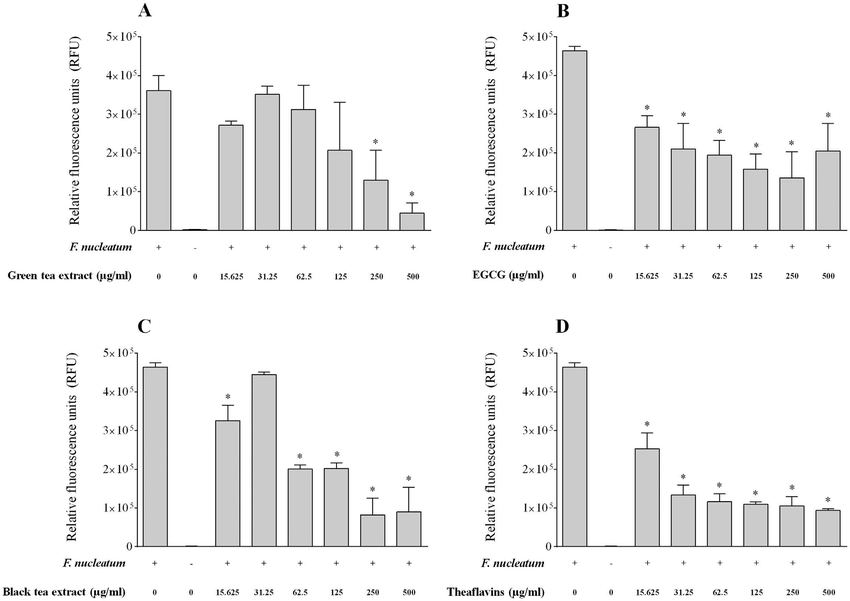
Conclusion
While green tea in its traditional, brewed form offers numerous health benefits and is generally safe for most people, green tea extract presents a more complex picture. The concentrated nature of the extract, while potentially beneficial in some contexts, also increases the risk of adverse effects. From liver damage concerns to interactions with medications, the potential drawbacks of green tea extract are significant and warrant careful consideration.
It's important to remember that natural doesn't always mean safe, especially when it comes to concentrated extracts. The human body has evolved to process whole foods and beverages, not isolated and concentrated compounds. The benefits of green tea are best obtained through the traditional method of brewing and drinking the tea, which provides a balanced and moderate intake of its beneficial compounds.
For those considering green tea extract supplements, it's crucial to consult with a healthcare professional, especially if you have pre-existing health conditions or are taking medications. They can provide personalized advice based on your individual health status and needs.
Ultimately, while green tea extract may have its place in certain therapeutic contexts under professional supervision, for the general population, enjoying a cup of brewed green tea is likely a safer and more pleasant way to reap the benefits of this ancient beverage. As with many things in nutrition and health, moderation and whole food sources often prove to be the wisest approach.
































